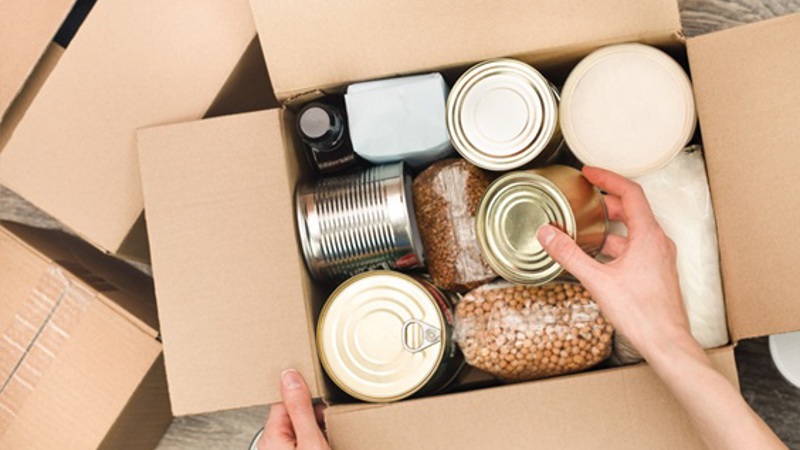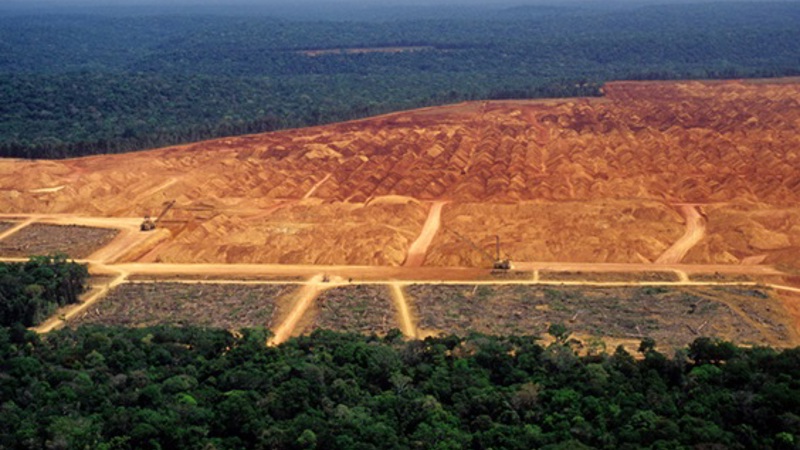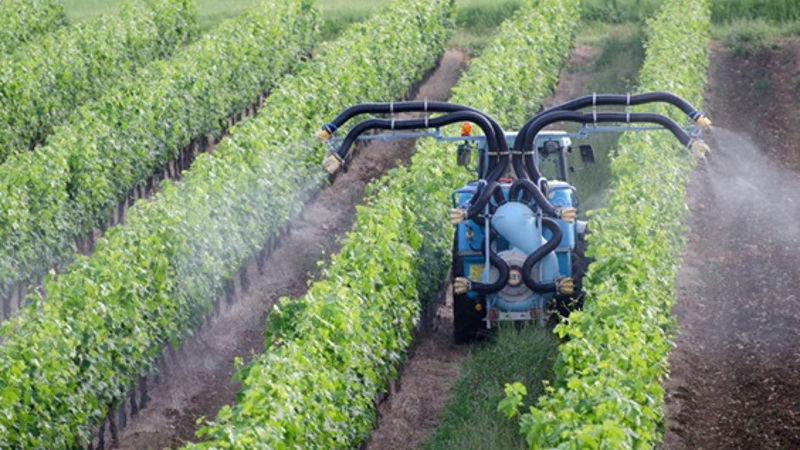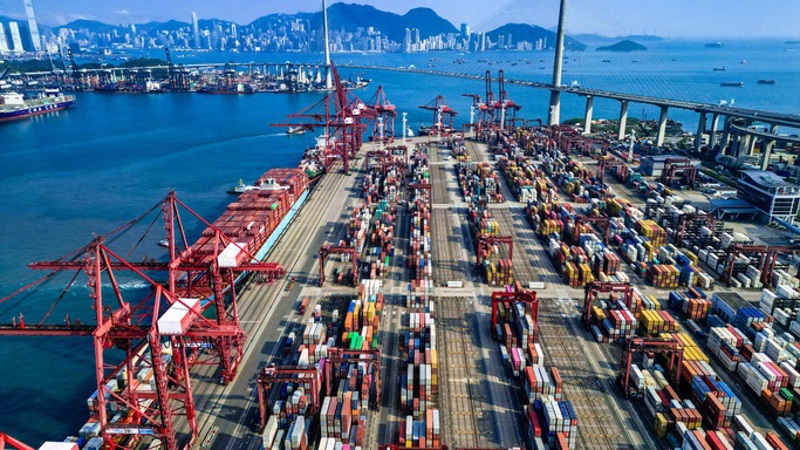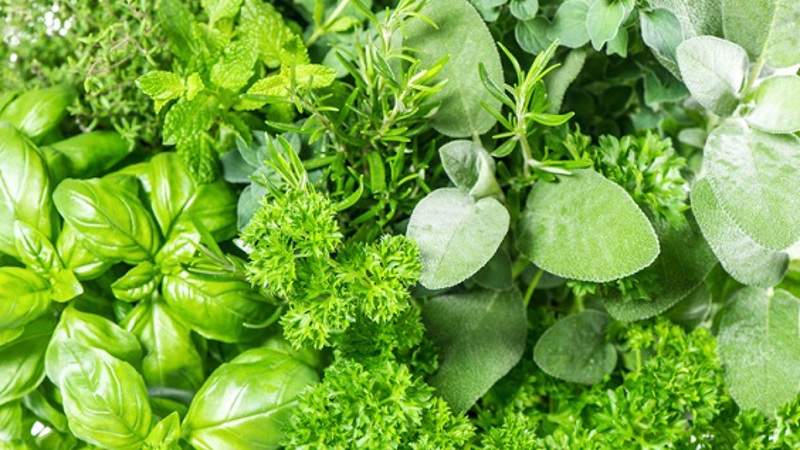International trade of organic foodstuffs: challenges and risks in the Netherlands
September 2020
The demand for organic foodstuffs is growing in the Netherlands and throughout the EU. This provides agricultural producers, importers and traders with new and lucrative markets to enter. Trading organic products is, however, subject to extensive EU regulation. Recent trends show an increase of blocking and degrading decisions by authorities. Degrading of organic products after delivery may also give rise to commercial disputes, proving the value of contractual provisions addressing such liabilities.
Organic products in the Netherlands
The Netherlands are top 10 ranked when it comes to market size and per capita spending on organic foodstuffs. Import has grown with 10% and trade with 5% in 2019. The amount of companies registered under the European Regulation 834/2007 – which deals with organic production and labelling – has topped 5,000 already. Growing demand and higher purchase prizes are, however, attracting illegitimate parties as well: in 2019, fraud with organic foodstuffs has been all over the national media and even led to parliamentary questions.[1] Therefore, the authorities are split between the wish to motivate companies to switch from conventional to organic, but also the need to repulse products that do not fulfil the requirements of organic production.
Regulatory developments & risk of degrading
Both developments are not limited to The Netherlands, and can be seen throughout the EU. It is therefore not remarkable that as of January 2021 a new EU legal framework (Regulation 2018/848 and detailed executive decisions) will enter into force replacing the two former Regulations 834/2007 and 889/2008. The main improvement is the introduction of one set of EU-wide rules covering the whole EU organic sector. This single set of rules will apply also to non-EU farmers who export their organic products to the EU market. It will replace today's 60+ different standards considered equivalent that apply to imported organic foods.
At the same time, we see an increase of blocking and degrading decisions by authorities. Pursuant to the current legal framework, if the Dutch authority in charge, Skal (www.skal.nl), has a substantiated suspicion of a non-compliant organic product being on the Dutch market, they can temporarily ‘block’ from trading and investigate it. If the suspicion is not confirmed, the authorities’ decision should be annulled. Otherwise, the product will be degraded and cannot be traded as organic anymore. Although the EU Regulation states that the authorities can only oblige a company to withdraw from this product any reference to the organic production method if the control authority or control body is sure that the product does not fulfil the requirements of organic production, in practice we see authorities degrading products in case of doubt as well.
Regarding certain origins, like China or the ‘Black Sea’-area, a substantiated suspicion is sometimes not even required to block and investigate, pursuant to a recent EU decision. This blocking and investigating needs to be paid by the companies themselves. In practice, we see that blocking and investigating by the authorities is taking weeks or even months. Legal proceedings against these decisions are possible; but courts only review marginally and procedures take up years. Any objections need to be filed within 6 weeks! Otherwise, the outcome of the decision will have binding force.
Liability questions following degrading
It is well known that the value of organic products is higher than the value of the same conventional (non-organic) products. When trading organic products, the special characteristics are key. Labelling products as ‘organic’ therefore gives content to their conformity requirement. Buyers of organic products may, however, be confronted with degrading by national authorities quite some time after delivery. In the absence of any contractual term allocating this risk, the question whether such a degrading should be for the account of the seller or the buyer is open for interpretation and debate.
Similar cases recently dealt with before different European arbitral tribunals gave rise to contradictory decisions. Considering the degrading of specific seeds after delivery – and thus after transfer of risk and title – a foreign arbitral tribunal allowed buyer’s claim for compensation. According to the arbitral tribunal, the products’ ‘special qualitative characteristics’ should be present at any moment in the course of processing the goods until delivery or consumption. It hereby explicitly referred to the wide scope of EU regulations 834/2007 and 889/2008, which both contain for provisions which apply to the ‘entire chain’.
The new EU legal framework (Regulation 2018/848) maintains this broad area of application. For example, ‘stages of production, preparation, distribution’ is defined as ‘any stage from the primary production of an organic product through its storage, processing, transport and sale or supply to the final customer’.
A Dutch commodities’ arbitral tribunal considering the degrading of specific seeds after delivery, however, delineated this liability issue to a clear and simple question: were the goods in conformity with the contractual specifications at the time of delivery? This was undeniably the case. Any later decision of the national authorities to degrade the seeds did not alter that fact. Recognizing the unfortunate outcome for the buyer, the arbitral tribunal stressed that the national authorities’ decision itself, lacked any ‘retroactive effect’. Poignant detail in this case was that the Dutch court dealing with the national authorities’ decision to degrade the seeds, refused to request a preliminary ruling from the European Court of Justice to give clarity on this, ‘as it was clear that such a retroactive effect is part of the legal system.’
Irrespective of the legal considerations of these arbitral awards, the degrading of organic products after delivery is a considerable financial setback. This may affect several parties throughout the chain, resulting in several proceedings before different courts and/or arbitral tribunals. It is therefore highly recommended to address the legal consequences of a possible degrading, if any, contractually as much as possible.
Tips & Tricks
- Ensure that you have procedures in place to quickly provide authorities with origin information.
- Know your rights and act quickly (within 6 weeks) in case of blocking or degrading decisions.
- Allocate the liability of a possible degrading contractually.
- Observe short periods to complain and – if necessary – to initiate arbitral proceedings.
* * *
[1] https://www.rijksoverheid.nl/documenten/kamerstukken/2019/10/07/beantwoording-kamervragen-over-het-bericht-tonnen-winst-saucijsjes-en-gehakt-onterecht-verkocht-als-biologisch.





